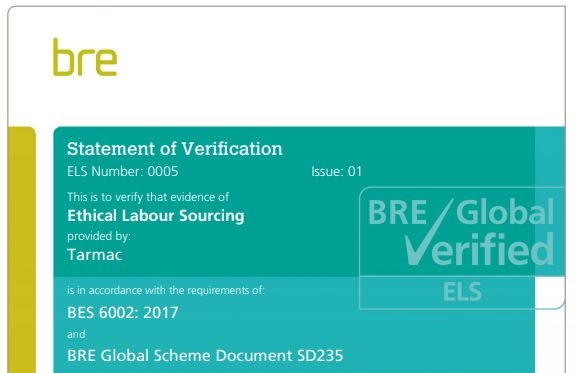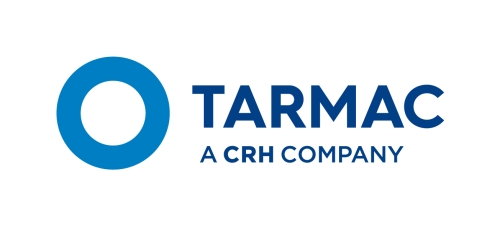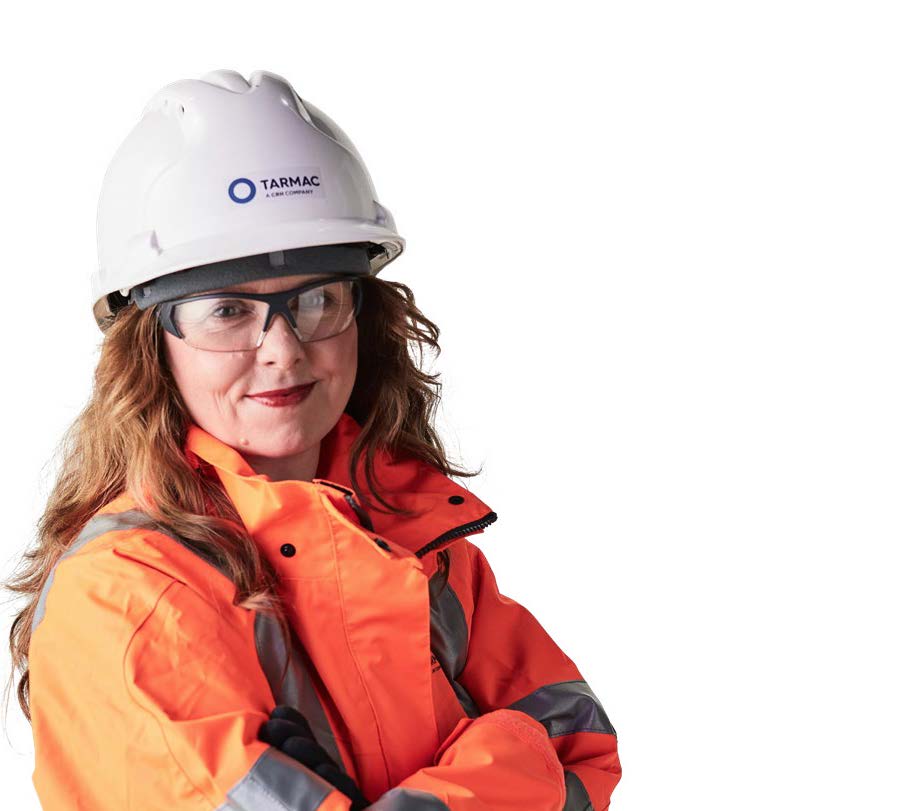Commitment to Ethical Labour Sourcing

Dr Shamir Ghumra , BREEAM Director, BRE
In 2018, Tarmac became one of a handful of organisation to be recognised by BRE (the Building Research Establishment) for its commitment to ethical sourcing practices.
The company has been officially verified under BES 6002 the Ethical Labour Sourcing (ELS) standard, which was developed by BRE last year in response to the 2015 Modern Slavery Act.
The ELS standard aims to verify companies that are applying due diligence around human rights and ethical concerns when sourcing materials, products and services including labour, and which are actively identifying and working towards eradicating the exploitation of vulnerable workers.
Dr Martyn Kenny, sustainability director at Tarmac said: “Businesses across construction and all other industries must work together to help eradicate labour exploitation and modern slavery to protect the safety and wellbeing of the workforce.
“We remain fully committed to delivering ethical best practice across our business. Achieving BES 6002 verification under the ELS standard is a testament to our ongoing work in this area and ensures that we’re continuing to meet our customers’ expectations for responsibly sourced construction materials.”
BRE’s ethical sourcing standard assesses organisations on 12 areas, including management structure and system, learning and development, bribery and corruption, procurement and supply chain management.
Dr Shamir Ghumra, BREEAM Director commented, “Tarmac has joined a number of leading companies with verification to the ELS; this is a significant step forward for the industry and the mineral products sector in particular. More and more companies are seeking verification to the ELS as a way to demonstrate their commitment to Ethical Labour Sourcing.”

